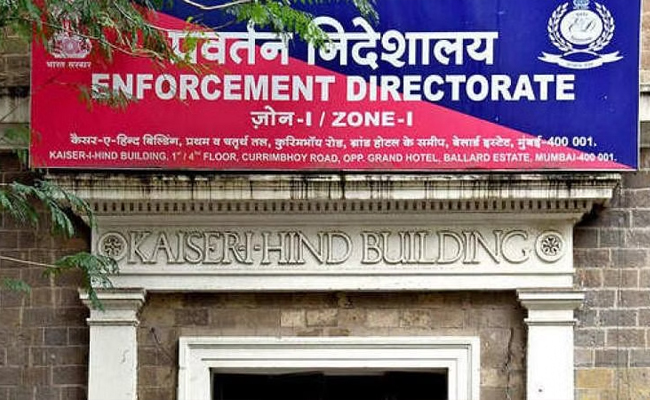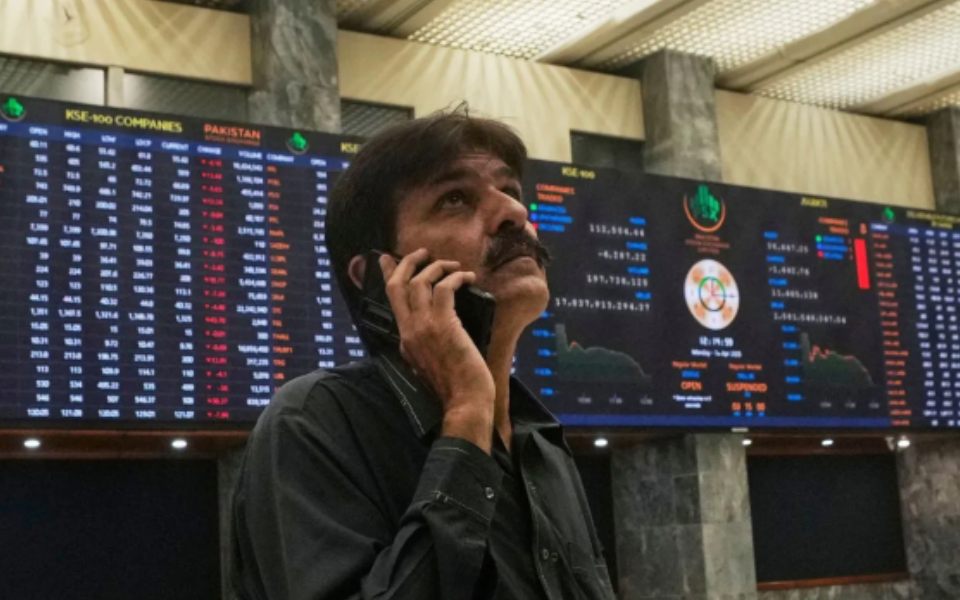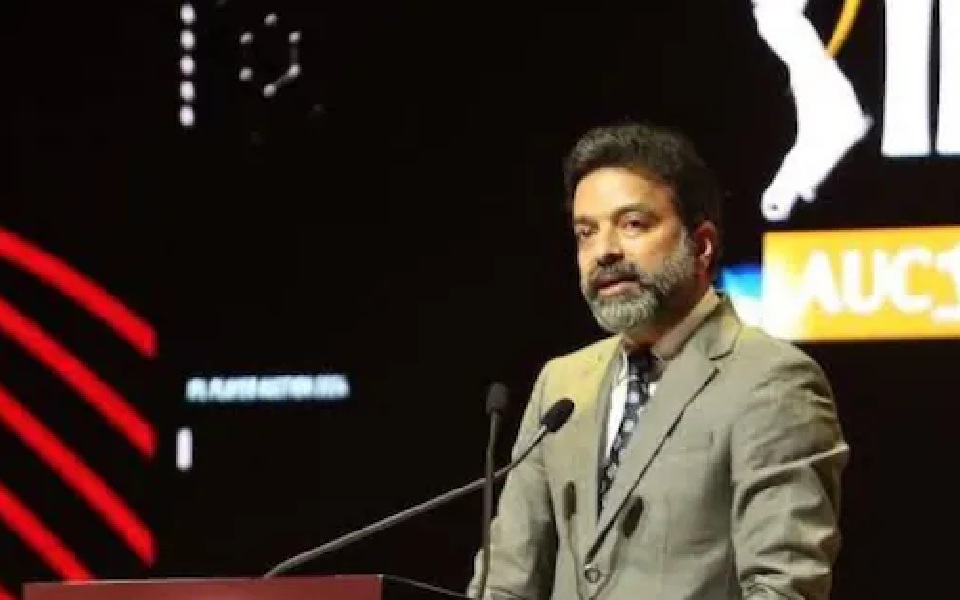New Delhi: The Tamil Nadu Police have reportedly registered a case against the Enforcement Directorate (ED) and others for allegedly obstructing investigators from the Directorate of Vigilance and Anti-Corruption (DVAC) in the discharge of their duties.
The tension between the two agencies heightened following the arrest of ED official Ankit Tiwari by the state police on December 1, accusing him of accepting a bribe.
The case, filed by the Tamil Nadu Police, alleges that the ED prevented DVAC officials from searching Tiwari's offices after his arrest. DVAC officials claimed that they lodged a complaint with the Madurai city police as their search team faced obstruction for over three hours. The ED's Assistant Director, Brijesh Beniwal, has been summoned to appear before the Tallakulam police station on Tuesday.
Tiwari and his team of ED officers are accused of threatening individuals and accepting bribes under the guise of closing cases at the ED. DVAC officials apprehended Tiwari with Rs 20 lakh in cash in Dindigul, leading to his arrest. Tiwari remains in jail, having been denied bail by both the trial court and the Madras High Court.
In response to the allegations, the ED has moved its probe out of the state to its New Delhi headquarters, citing concerns of interference from local police. The ED claims to be investigating both Tiwari and DVAC officers. The ED had previously filed a complaint against DVAC officers, accusing them of accessing sensitive case records and internal documents of the ED unrelated to the alleged search case.
However, Tamil Nadu Police officers told The Hindu that they received no such complaint from the ED on that date. The Hindu’s report states, “On December 16, 2023, a reminder letter requesting action was received by the DGP’s office wherein the original complaint was enclosed. The DGP forwarded the reminder enclosed with the original complaint to the Madurai Police Commissioner to conduct a detailed inquiry and send a report.
“As part of the inquiry, the Madurai Police Commissioner sent a letter calling the ED officials to give evidence to substantiate their allegations. But they refused to accept the letter and insisted that the same be sent by post. We then sent the letter by registered post… there is no response yet. They have not turned up for the inquiry so far,” the official said, adding that it was not correct to say that no action was taken on ED’s complaint.”
Let the Truth be known. If you read VB and like VB, please be a VB Supporter and Help us deliver the Truth to one and all.
Karachi, May 8 (PTI): The Pakistan Stock Exchange plunged by over 6 per cent on Thursday with trading halted for an hour after rumours of escalation in military action by India near Karachi.
Although the rumours were unfounded, the benchmark KSE100 index tumbled 6,948.73 points, or 6.32 per cent, to 1,03,060.30, before the trading was halted.
Trading resumed with Fatima Bucha of AKD Securities confirming the situation on the floor had calmed down a bit.
“But the situation could get worse as investors are panicking due to the geopolitical situation,” she said. “No one is sure what is going to happen and how and if Pakistan will respond to India's aggression.”
The downward trajectory of the index was largely driven by negative contributions from key stocks such as cement, energy, bank, and technology, which collectively dragged the index down.
Meanwhile the government has taken measures to keep its foreign exchange reserves stabilised.
It has imposed a 60-day ban on importing and exporting precious metals, jewellery, and gemstones from Thursday.
The temporary ban was imposed by a Commerce Ministry Order suspending SRO760 of 2013, which governs the trade of precious metals.
The restriction is linked to the recent impasse with India as a potential strategy to limit the flow of metals.
The State Bank of Pakistan has also informally advised all currency dealers in both inter-bank and open markets to closely monitor dollar outflows, as the escalating conflict could rapidly increase demand for the greenback.
Zaffar Paracha, general secretary of the Exchange Companies Association of Pakistan said if the currency market faced any shortage it could be managed but if there was a prolonged conflict it could damage both countries.
“For now we have not seen any panic buying of dollars, nor had demand escalated,” Paracha said.
According to a currency dealer, over 90 per cent of remittances to Pakistan come through Indian exchange companies, particularly from the West Asia — a channel that may face disruptions if the conflict between the two countries prolongs. “…In the case of a full-fledged war, these companies could be used by India as a tool to pressure Pakistan.”
Currency dealers, speaking on condition of anonymity, said Indian exchange companies are the main handlers of remittances to Pakistan.





